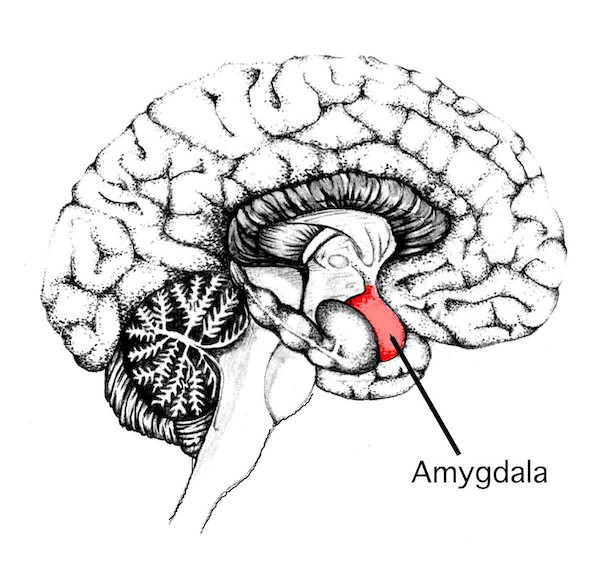Short answer
You may have noticed that after a poor or short night's sleep, you don't perform at your best. Sleep is vital for the brain – it's something we simply cannot do without. During sleep, the brain processes information, consolidates memories and emotions and clears out waste products that accumulate throughout the day. Chronic sleep deprivation can result in memory issues, difficulty concentrating, and reduced attention span over time. This is why maintaining a healthy sleep routine is so important for optimal brain function and overall well-being.
Longer answer
Memory
Sleep performs several essential functions for the brain. One of these is consolidating memories and daily information into the brain’s long-term memory. This process strengthens the connections between brain cells, making retaining and recalling information easier. Without adequate sleep, this memory consolidation is disrupted, making learning and remembering more difficult.

Emotions
Sleep plays a critical role not only in consolidating memories but also in processing emotions. Studies suggest that sleep deprivation can reduce the brain’s ability to regulate emotional responses. The amygdala, a brain region involved in processing emotions, plays a crucial role here. During REM sleep – a key phase of the sleep cycle – the activity of the amygdala decreases compared to wakefulness, which may help temper emotional reactions to memories. On the other hand, insufficient REM sleep or an overactive amygdala can heighten emotions, which is often observed in conditions like depression. While the exact purpose of dreaming remains under investigation, some researchers propose that dreams might assist in emotional processing.
Cleansing
Throughout the day, alongside processing information, the brain accumulates waste products. During sleep, the brain engages in a remarkable cleansing process called the glymphatic system. This system uses cerebrospinal fluid to flush out toxins and waste. When we sleep, brain cells shrink, creating larger gaps between them and allowing fluid to circulate more freely. This process removes harmful substances like beta-amyloid – a protein associated with Alzheimer’s disease – along with other waste products. By clearing these toxins, the glymphatic system supports brain health and may lower the risk of neurodegenerative conditions such as Alzheimer’s.
Inadequate sleep can lead to a build-up of toxins in the brain, heightened emotional reactivity, memory difficulties, and a decline in cognitive abilities such as attention, focus, and problem-solving. For these reasons, ensuring sufficient and quality sleep is essential for maintaining both brain health and overall well-being.
Read more?
Can you unlearn sleeping in the dark? – BrainHelpDesk question
Why do some people remember their dreams while others do not? – BrainHelpDesk question
How can I find out which stage of cognitive decline I am in, and how can I prevent Alzheimer’s disease or dementia? – BrainHelpDesk question
(Dutch) Video on the link between sleep and Alzheimer’s – Alzheimer Nederland
Sleeping – a restful, passive time – but not for the brain – Donders Wonders blog

